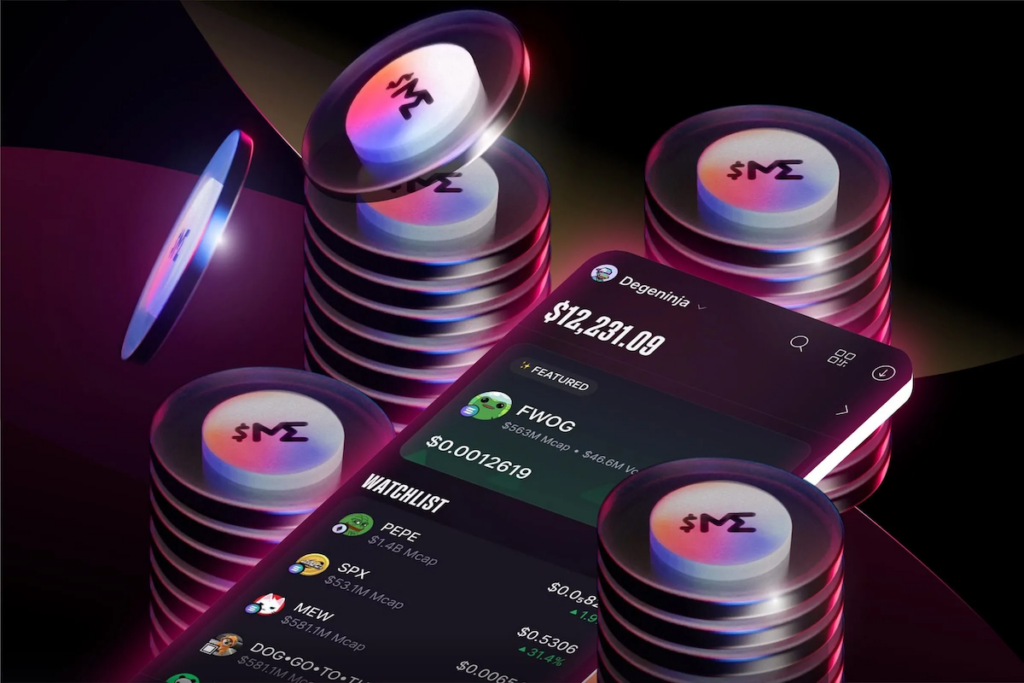The Role of Gold in Elder Scrolls Online
In the expansive world of Elder Scrolls Online (ESO), gold is the cornerstone of the in-game economy. Much like real-world currencies, gold in ESO is essential for acquiring goods, upgrading gear, and engaging in player-to-player trading. As players progress through the game, they realize how crucial gold becomes—not just for minor transactions but for major milestones, such as purchasing homes, mounts, and crafting materials.
Unlike many other MMORPGs, Elder Scrolls Online offers a more intricate economic system where gold isn’t just earned through simple questing. Players can engage in a variety of activities, such as crafting, trading, and dungeon raiding, to amass wealth. For some, the grind of earning gold becomes too slow, and they turn to alternative methods like buying gold in Elder Scrolls Online to speed up their progress.
How Digital Currencies Shape In-Game Economies
Digital currencies in games like ESO function similarly to real-world money. Players use them to purchase items that help them progress, and the in-game marketplace operates like a real economy, driven by supply and demand. The introduction of trading systems and auction houses allows players to sell their goods, whether they’re crafting materials, potions, or rare gear.
The rise of digital currencies has had a profound impact on in-game economies, making them more sophisticated and player-driven. This has created a sub-economy within ESO where players engage in gold farming—either by gathering resources or buying and reselling items at a profit. The fluctuation of prices in the in-game market mirrors real-world financial systems, adding a level of complexity to player strategies.
Gold as a Player-to-Player Commodity
One of the most significant aspects of ESO’s economy is its player-driven trade system. Gold is not just earned and spent in transactions with non-playable characters (NPCs); much of the economic activity happens between players. This peer-to-peer trade introduces dynamic pricing, where rare items can sell for large sums of gold. Players often negotiate deals for weapons, armor, and crafting materials, making gold an essential resource for acquiring high-value goods.
The ability to trade gold in ESO also opens the door to market manipulation, where players can influence prices by controlling the supply of certain items. This type of speculation adds an extra layer of intrigue to the game’s economy, with some players mastering the art of buying low and selling high.
The Rise of Digital Currencies Beyond In-Game Economies
The growing importance of digital currencies in MMORPGs like ESO mirrors trends in the real world, such as the rise of NFTs and cryptocurrencies. Just as NFTs have created new ways for artists and creators to profit from digital assets, in-game currencies have allowed players to build wealth in virtual worlds.
With the increasing complexity of in-game economies, gold has become more than just a tool for purchasing items. It’s a form of virtual wealth that players can trade and invest in, much like real-world commodities. The trading of digital assets, whether in the form of gold or items, has added an economic layer to gameplay, where players can thrive not just through combat but also through strategic investments in the in-game marketplace.
The Future of Digital Currencies in Games Like ESO
As the popularity of MMORPGs continues to rise, so too will the importance of digital currencies within these games. Future expansions of ESO and other MMORPGs are likely to build upon the existing economic systems, offering even more opportunities for players to engage in commerce. With the increasing integration of blockchain technology and NFTs into gaming, there may come a time when digital currencies in games like ESO transcend the virtual world and have real-world value.
In conclusion, the in-game economy of Elder Scrolls Online exemplifies how digital currencies have transformed the way players interact with their virtual environments. From buying gear to trading rare items, gold plays a pivotal role in shaping the player experience. As the gaming industry evolves, so too will the role of digital currencies, providing players with new opportunities to accumulate and spend their wealth.
Author
-

The views and opinions expressed in this guest post are solely those of the author, and do not necessarily reflect the official policy or position of NFT News Today.




